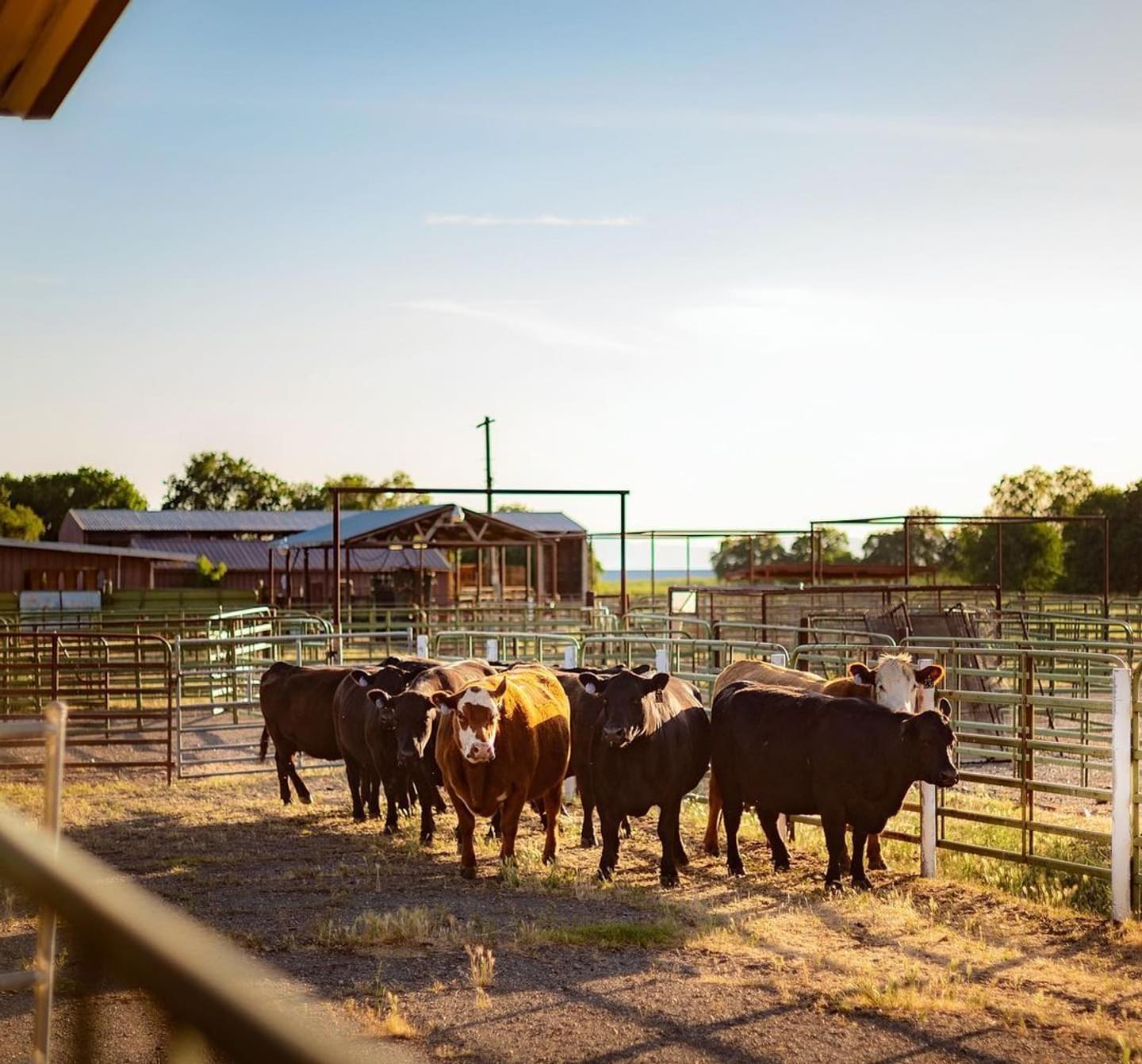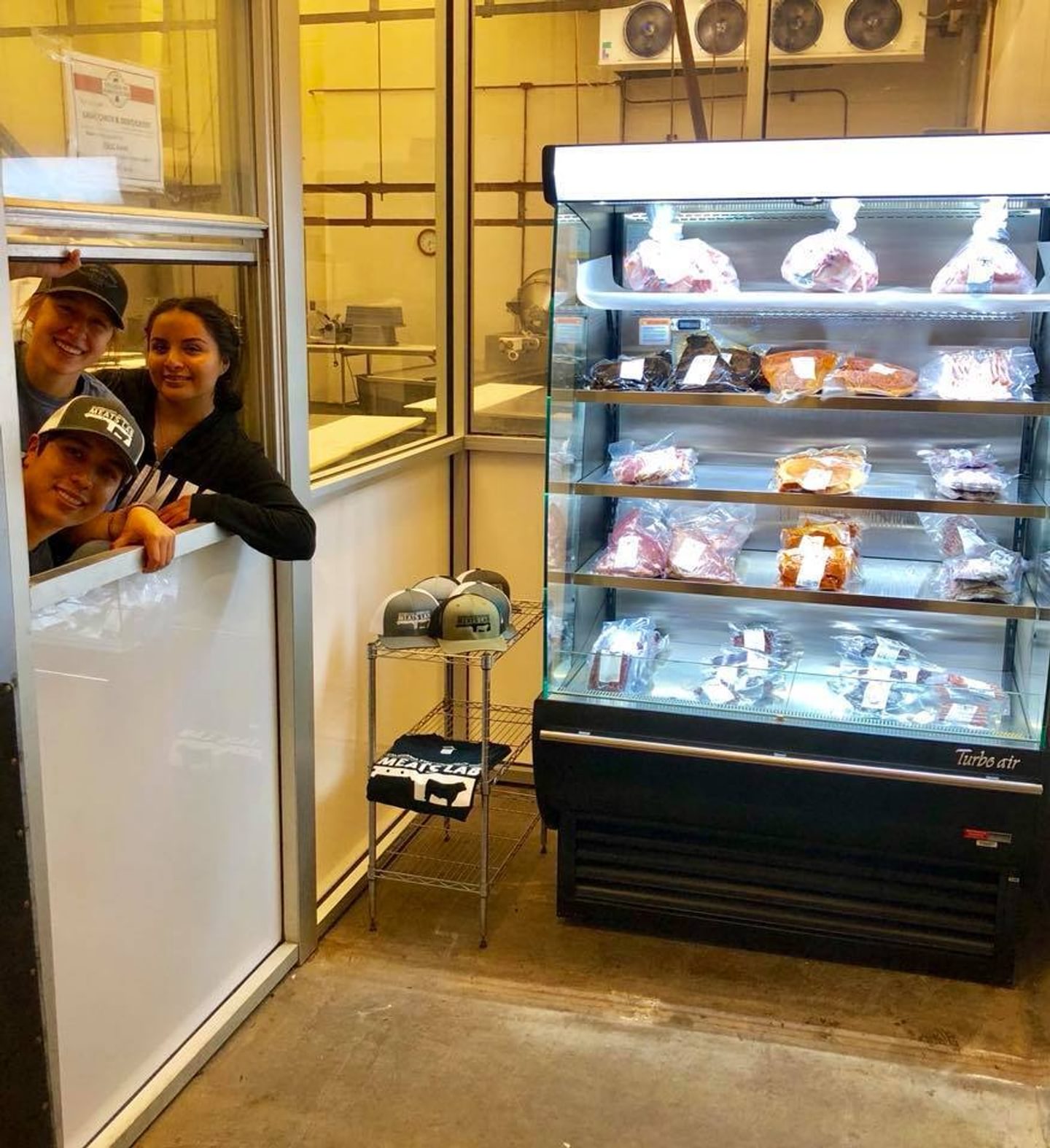Agriculture is big business in California, and it’s an especially important economic driver in Butte County. Farms, ranches, and orchards of all types populate the area and yield crops and goods vital to the local economy. At Chico State’s Meats Lab, students join this agricultural community in a hands-on, USDA-inspected processing facility, learning valuable real-life skills and serving up retail cuts of meat for locals to enjoy.
The Chico State Meats Laboratory
At Chico State’s renowned agriculture department, a lesser-known visitor opportunity awaits meat-eaters out at the University Farm, in the form of the Chico State Meats Laboratory — or, simply put, the Meats Lab.
“It’s a really unique facility in that we are set up to do a little bit of everything. It’s a very diverse lab, and not a lot of meat processing centers do all the things we do,” said Haydn Clement, the Meats Lab manager. “The goal here is to give people rare, super-valuable skills as meat processors and butchers, and once they have those skills, they can truly go anywhere.”
During the semester, students from three different lab sections, including the Beef Unit, begin “at square one,” Clement said, purchasing animals, weighing them, selling or harvesting them, processing, and breaking down the animals into food. Though the farm’s livestock units have more profitable goals — the swine unit, for example, aims to sell show pigs to young 4H and FFA members — in the offseason, livestock goes to the Meats Lab and its customers.
The Meats Lab is a USDA-inspected facility, and all of the seven agriculture students on staff are under constant supervision to ensure quality and process control. All temperatures, sanitary measures, and animal processing techniques are supervised as students prepare products for distribution and sale. Slaughter is heavily regulated by USDA, which oversees the entire process, per industry standards.
“Whether you buy meat at the farmers market or the grocery store, those [USDA] standards apply to our students and these animals, too,” Clement said. “Both from a quality standpoint and a humane standpoint, our students come to know the value of treating the animals right.”

Livestock: Care and Use
Clement has helped his family ranch in this process his whole life, and said it’s important to impart the appreciation for proper harvesting technique throughout the whole process. Animals processed through the Meats Lab stay in completely shaded holding pens with constant access to clean water and weather shelter to minimize animal stress.
“Animal comfort and care is supreme here, especially at the livestock unit,” Clement said. “Everyone out here has a love for animals. Even though these aren’t pets — they’re food animals — there’s no reason we can’t treat them their best.”
Get Goods from the Meats Lab
The “nose-to-tail” concept of harvesting the complete animal is in full effect at the Meats Lab. The facility provides services for a couple of high-volume subscription boxes, like Bradley and Son in Durham, and Field to Fork Tehama, located in nearby Red Bluff. The lab receives beef trim from those farms and processes it into sausage and pepperoni snacks, in addition to making patties (some of which are turned to burgers at Big Chico Burger) and creating smoked products.
“We like to help local farmers sell different products locally. That’s what local farming is all about,” Clement said. “Our students get to be involved in that process directly, and learn how important it is to be part of it.”
Visit the Meats Lab
Twice a week, on Thursday and Friday from 8am to 5pm, the Meats Lab is open to the public, which can purchase a large variety of meats including tri-tip roasts, steaks, pork chops, baby back ribs, lamb chops, 22 different flavors of sausage, jerky, and more. Visitors can also watch students working in the lab through the view windows.


